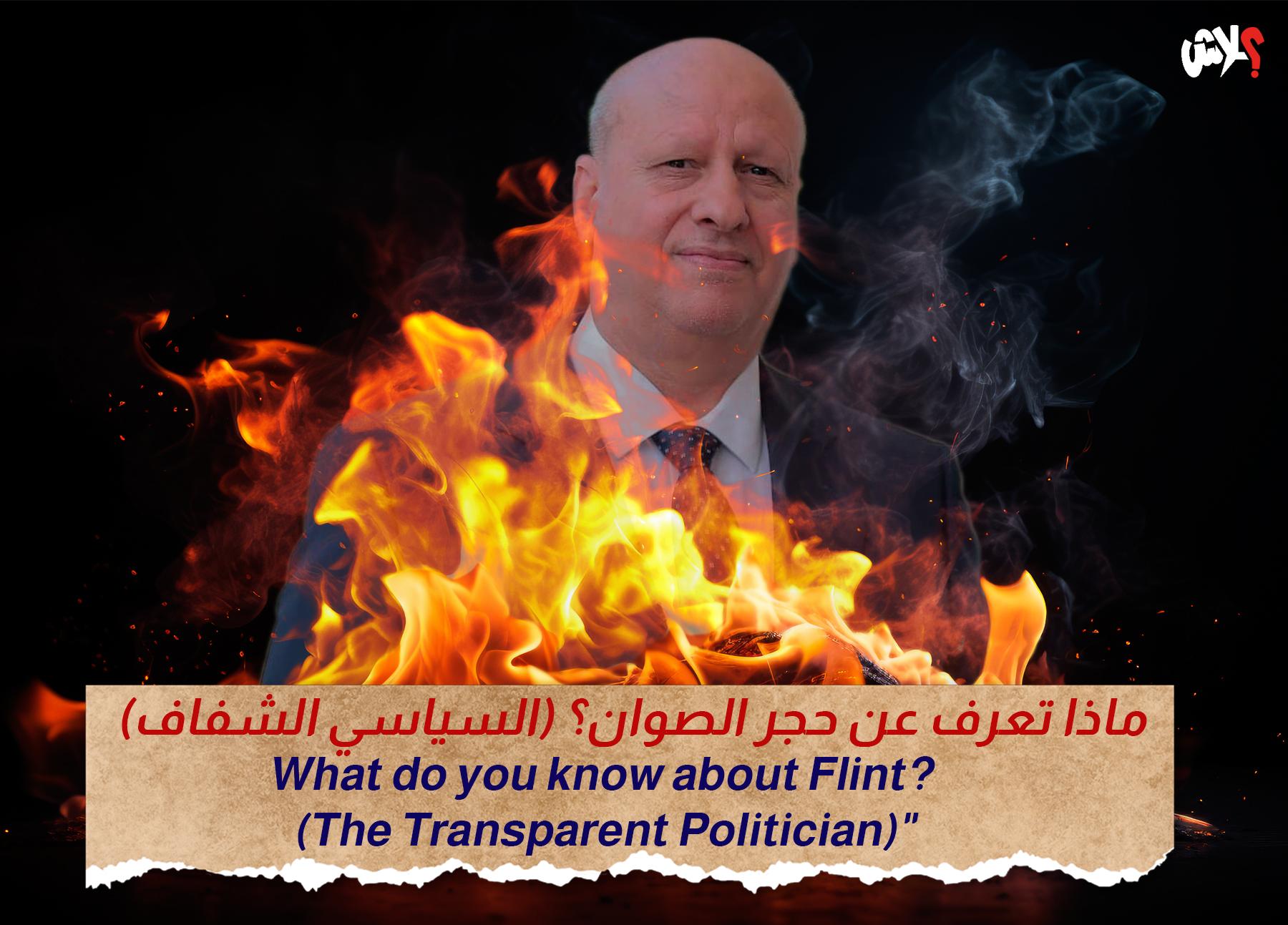What do you know about flint? (The transparent politician)
An ordinary observer of the state of political work in Libya notices that political organization based on ideology did not have deep roots, except for the Muslim Brotherhood and the so-called Islamist currents, which created a partially solid ground for themselves—or so we thought. These currents, like other ideologies, were subjected to a state of erosion led by the primary teacher over the past fifty years.
The February moment was merely an opportunity for all these currents to reintroduce themselves. There can be no party plurality and political diversity without the presence of everyone. Thus, the Muslim Brotherhood was organizationally proactive, attributed to the initial organizational foundations and the state of struggle created for them by the oppressive regime that ruled Libya for more than half a century. This struggle generated significant sympathy for this current during the early years after February.
We constantly heard that political Islam and its party, the Justice and Construction Party, were very cohesive, having been founded on a large base of Muslim Brotherhood members who knew what they wanted and how to achieve it. Whenever someone spoke about institutional party discipline, they mentioned the Justice and Construction Party as a model. Other parties were criticized for personalization, where party ideas and projects revolved around individuals who were the sole source of political stances, statements, and ministerial formations. It was expected that with the absence of these individuals, the party would vanish entirely, while the Justice and Construction Party would remain cohesive regardless of who left.
However, when the party's president, Mohamed Sowan, lost his position to Emad Al-Banani, he decided to split from the Justice and Construction Party, taking with him all the funds, people, and media channels to form a new party called the Democratic Party—a party with a moderate Islamic character and "some extras."
It appears that Sowan had a new vision for the form of the political Islamist current and its interaction with changes in Libya. This is evident in his interactions and alliances with certain individuals, distancing himself and his new party from other currents. This is clearly seen in his distancing from the Islamic current associated with the Mufti and the toned-down rhetoric against the Karama project. He began opening lines of communication with the Rajma dome, which peaked when Fathi Bashagha was appointed as the head of a parallel government to the Government of National Unity in Tripoli. Sowan and his party supported Bashagha unconditionally, mobilizing all resources to ensure the success of a deal seen by some as a plan to rule Libya through a military-Islamic revolutionary alliance, aligning with the requirements of the phase and forming a ruling triangle comprising Haftar, Bashagha, and Sowan.
Bashagha's government was short-lived; he returned from his eastern journey dismissed, entering a period of seclusion to heal his wounds and remove the scent of failure, attempting to reintroduce himself to his supporters and the supporters of the revolution.
Sowan and his party's communication with the Rajma dome did not stop there. Libya woke up to the news that a delegation from the Democratic Party, with official positions in the High Council of State, visited Benghazi and met with the general’s sons (the future rulers of the east) to discuss unification efforts. Some malicious and skeptical individuals, like myself, questioned, "What brought the Levantine and the Maghrebi together?" How did these people go and sit with those they used to curse day and night? How did General Haftar and his sons convince their numerous supporters to accept welcoming "terrorists" in Benghazi, as they used to describe them?
All these legitimate questions, in our view, will be met with a barrage of accusations, starting with "those who raise these questions want discord and division" to outright treason, ensuring there is no answer.
Some may see this as the nature of politics, with each phase having specific conditions and alliances. However, what we are discussing now can only be conceived within the framework of accepting the mixing of water and oil. The history of the Muslim Brotherhood is fundamentally antagonistic to the military in our region. I do not believe that Sowan has a new formula for that unless he convinced the general and his sons of the Renaissance project’s viability! Or the general convinced Sowan that the military and the Rajma project do not seek to rule!
Until we know that, fortify yourself with patience, try not to judge things by their appearance, and be like flint—non-transparent, solid, and capable of sparking fire for warmth and burning simultaneously.

